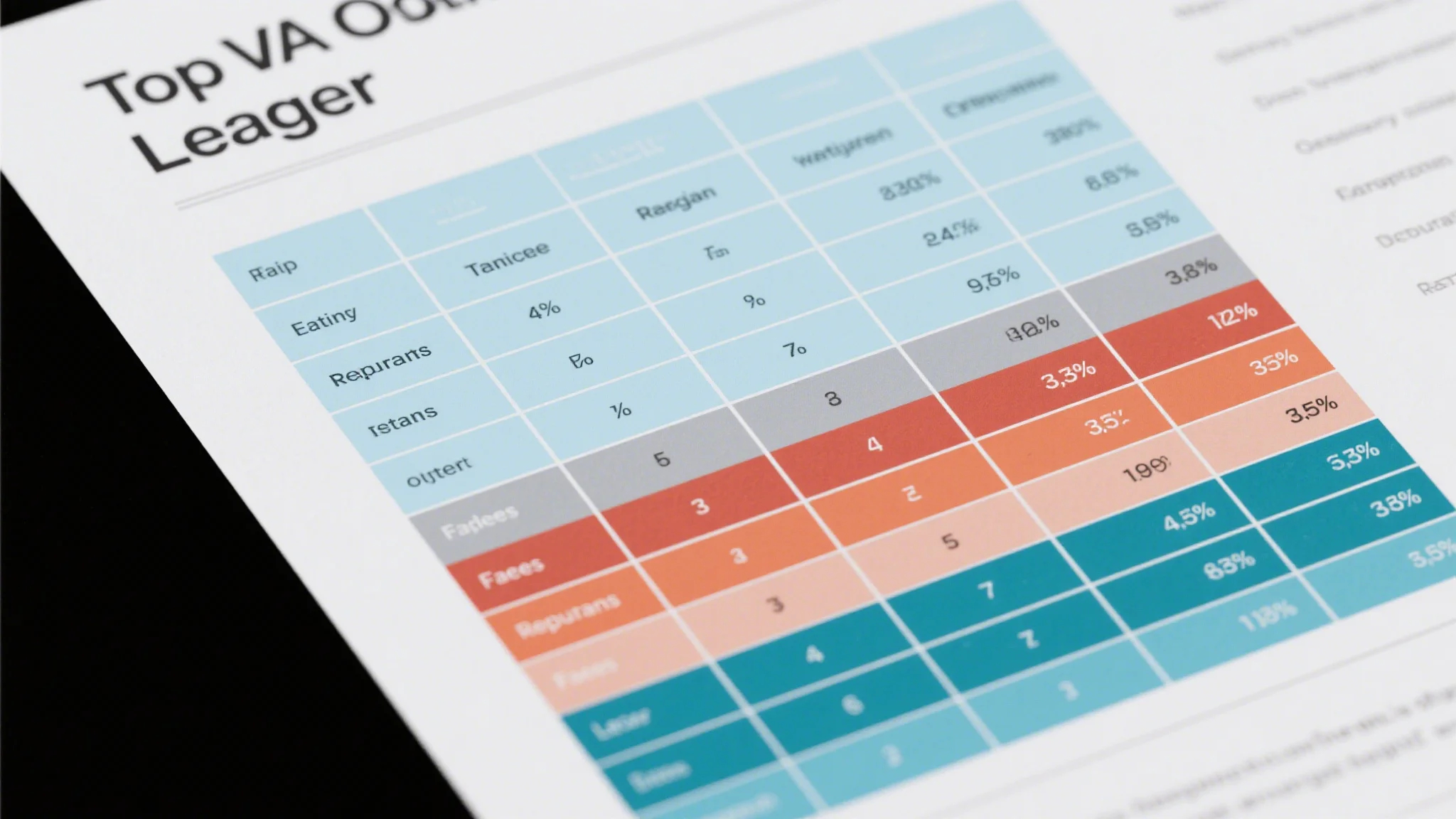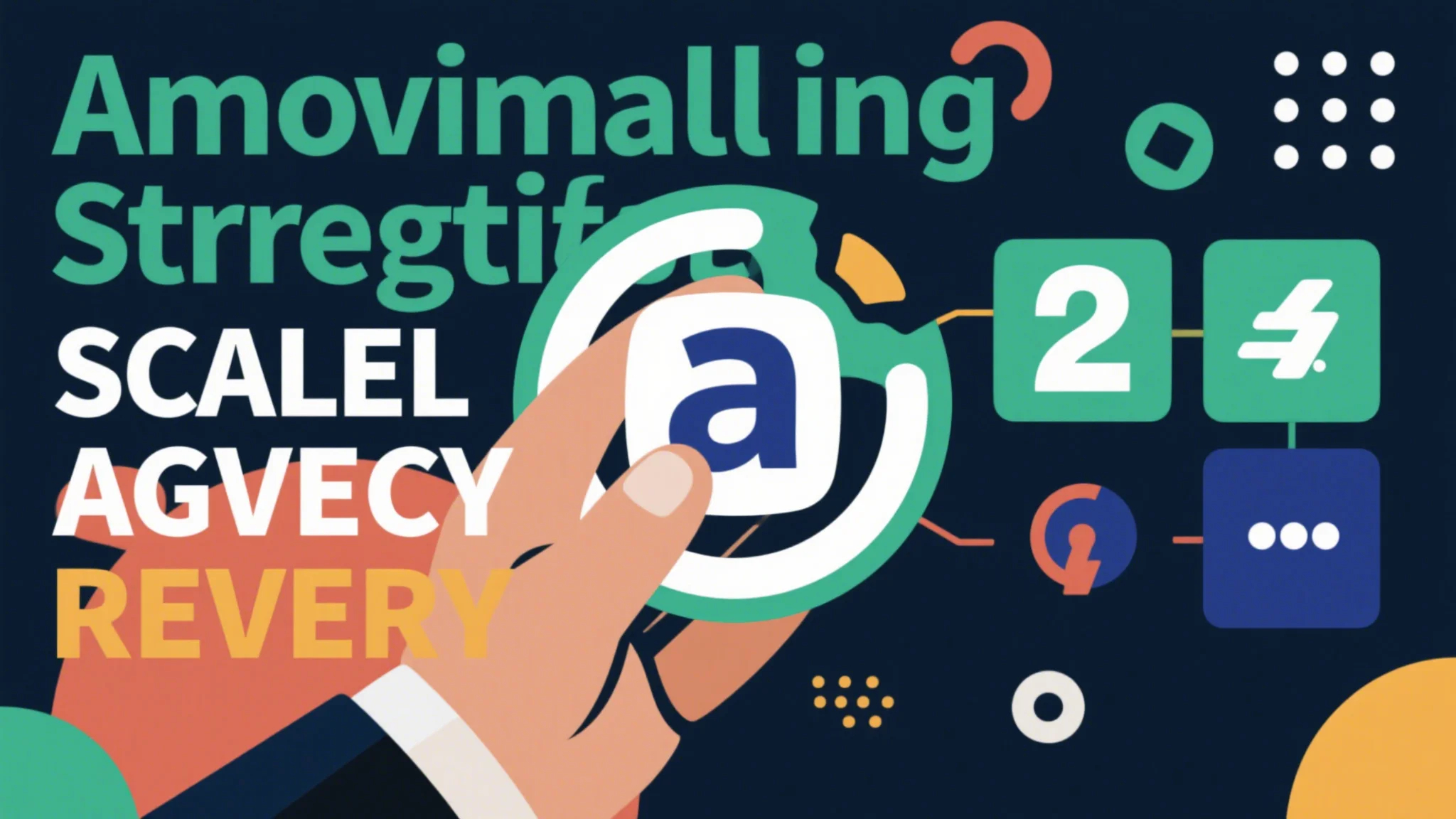part 1:
When considering enrolling in an online college, one of the most critical steps is verifying the institution’s accreditation status. Accreditation is a formal recognition of an educational institution’s quality, ensuring that it meets established standards for teaching, faculty, facilities, and student outcomes. However, not all online colleges are created equal, and some may claim accreditation without legitimate credentials. To protect yourself, it’s essential to understand how to verify the accreditation status of an online college.

First, it’s important to distinguish between different types of accreditation. Accreditation can be institutional or programmatic. Institutional accreditation evaluates the overall quality of an institution, while programmatic accreditation focuses on specific programs or departments, such as nursing or engineering. In the United States, the most reputable accrediting agencies are recognized by the Council for Higher Education Accreditation (CHEA) and the U.S. Department of Education (ED). These organizations maintain databases of accredited institutions, making it easier for students to verify an online college’s legitimacy.
To begin the verification process, start by visiting the CHEA or ED websites. Both organizations provide searchable databases where you can input the name of the online college and check its accreditation status. If the institution appears in these databases, it’s a strong indicator that it’s legitimate. However, some colleges may have accreditation from non-accredited agencies, often referred to as “accreditation mills.” These organizations charge fees for accreditation without conducting rigorous evaluations, so it’s crucial to ensure that the accrediting body itself is recognized by CHEA or ED.
Next, research the online college’s reputation. Look for reviews from current and former students, as well as alumni. Online forums, social media groups, and educational websites often provide valuable insights into an institution’s teaching quality, support services, and overall student satisfaction. Additionally, check if the college is accredited by regional accrediting agencies. In the U.S., there are six regional accrediting bodies: the Middle States Commission on Higher Education, the New England Association of Schools and Colleges, the North Central Association of Colleges and Schools, the Northwest Commission on Colleges and Universities, the Southern Association of Colleges and Schools Commission on Colleges, and the Western Association of Schools and Colleges. Accreditation from these agencies is highly regarded and ensures that the institution meets rigorous standards.
Another step in verifying online college accreditation is to examine the institution’s curriculum and faculty qualifications. A reputable online college will have faculty members with advanced degrees and relevant teaching experience. Additionally, the courses offered should align with industry standards and provide practical, real-world applications. If the college’s program seems overly simplistic or lacks structure, it may be a red flag.
Finally, consider reaching out to the online college directly. Most institutions will provide detailed information about their accreditation status on their website. If the information is vague or difficult to



